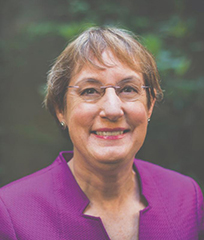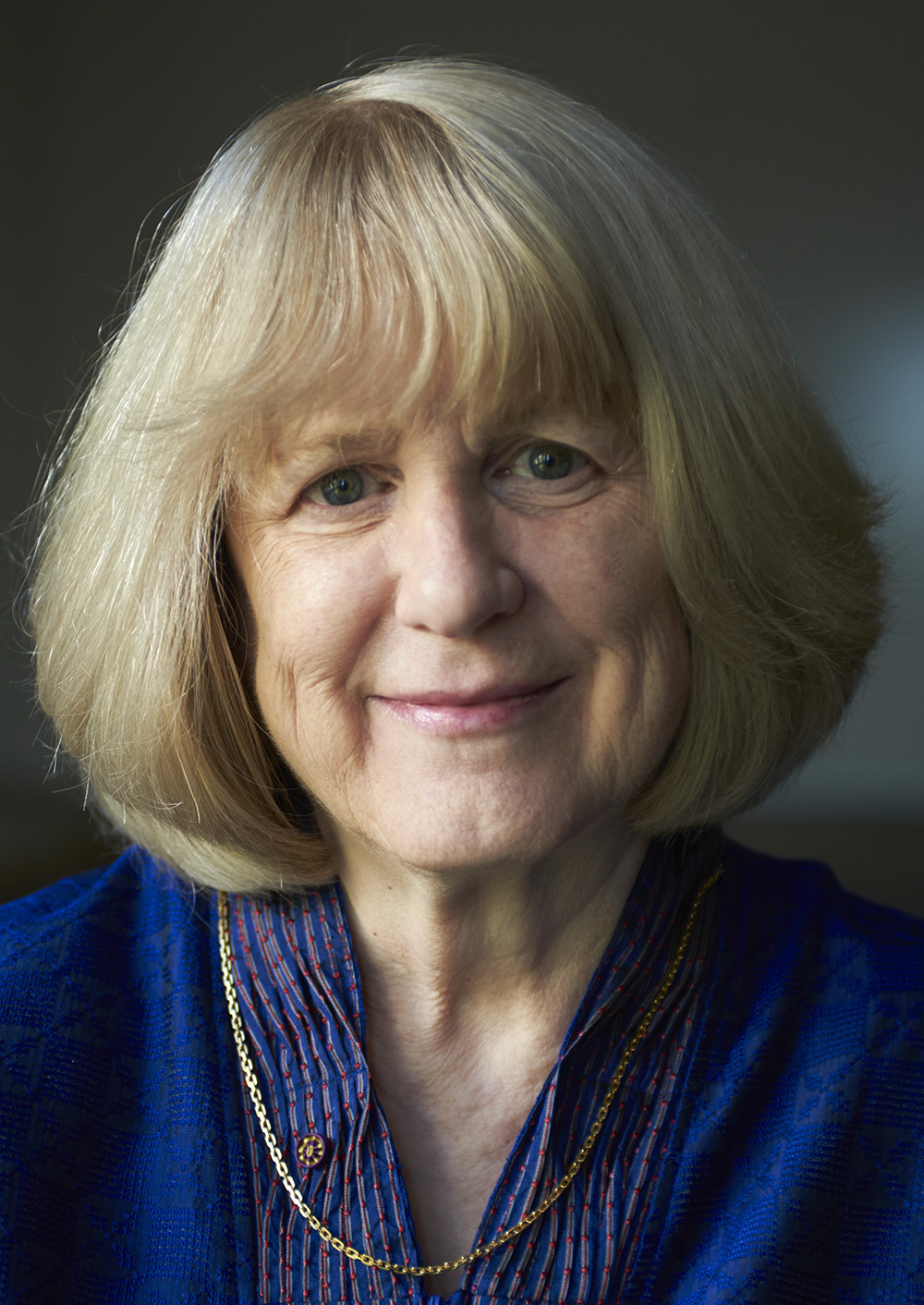
Breast Cancer Research Foundation Awards
Six Fred Hutch Cancer Center/University of Washington/Seattle Children’s Cancer Consortium have received grants from the Breast Cancer Research Foundation (BCRF) to launch or continue studies aimed at improving outcomes in breast cancer, the second leading cause of cancer death in women.
Four of these have primary appointments in the Department of Medicine:
Priming the tumor immune microenvironment
Drs. Christopher Li and Anne McTiernan (Dept. of Epidemiology) also received BCRF grants. Dr. McTiernan holds an adjunct appointment in the Dept. of Medicine
 Dr. Nancy Davidson, professor (Hematology and Oncology) received $225,000 in funding for a new research project aimed at expanding the use of immune checkpoint inhibitors to treat breast cancers.
Dr. Nancy Davidson, professor (Hematology and Oncology) received $225,000 in funding for a new research project aimed at expanding the use of immune checkpoint inhibitors to treat breast cancers.
Partnering with her on the study is Fred Hutch cancer cell biologist James Alvarez, PhD, who studies metastatic recurrence in breast cancer.
Immune checkpoint inhibitors are used in metastatic triple-negative breast cancer and other contexts, but the response rate is low, only around 20%. Alvarez and Davidson plan to conduct a thorough high-resolution investigation of the tumor immune microenvironment, or TIME, in order to predict and engineer more effective responses to immune checkpoint inhibition.
Targeting the obesity-breast cancer connection
 Dr. Mary (Nora) Disis, professor (Hematology and Oncology) and director of the UW Medicine Cancer Vaccine Institute, was funded to continue her work on ADVac, an adipose directed vaccine to address the role of obesity in promoting breast cancer.
Dr. Mary (Nora) Disis, professor (Hematology and Oncology) and director of the UW Medicine Cancer Vaccine Institute, was funded to continue her work on ADVac, an adipose directed vaccine to address the role of obesity in promoting breast cancer.
Obesity is a risk factor for breast cancer, especially in postmenopausal women, where the risk is 20-40% higher than for women who are not obese. Those with metabolic syndrome (obesity, type 2 diabetes and high blood pressure) are also at risk.
ADVac, which treats the actual inflammation itself, not just the symptoms of inflammation, could eventually be used to help those with metabolic syndrome, type 2 diabetes, fatty liver disease and other disorders associated with adipose inflammation.
Investigating a new imaging tracer
 Dr. Hannah Linden, professor (Hematology and Oncology) will continue investigating whether a PET/CT progesterone tracer known as FFNP (short for 21 [18F] fluorofuranylnorprogesterone) can better predict response to endocrine therapy coupled with the CDK4/6 inhibitor abemaciclib, or Verzenio.
Dr. Hannah Linden, professor (Hematology and Oncology) will continue investigating whether a PET/CT progesterone tracer known as FFNP (short for 21 [18F] fluorofuranylnorprogesterone) can better predict response to endocrine therapy coupled with the CDK4/6 inhibitor abemaciclib, or Verzenio.
Her clinical trial, funded by BCRF along with the Translational Breast Cancer Research Consortium and run in conjunction with Washington University in St. Louis, Missouri, will be the first multi-center study to test the accuracy of FFNP-PET for predicting response.
“We’re hoping that the use of FFNP as an imaging agent will provide more precise information about the location of tumors than a PET scan alone can provide,” said Linden, who previously investigated an estrogen tracer for ER+ breast cancer patients known as FES-PET, approved by the U.S. Food & Drug Administration in 2020.
Searching for undiscovered mutations
 Dr. Mary-Claire King, professor (Medical Genetics) will continue her research projects focused on inherited breast cancer. King received $225,000 in BCRF funding.
Dr. Mary-Claire King, professor (Medical Genetics) will continue her research projects focused on inherited breast cancer. King received $225,000 in BCRF funding.
“For many families severely affected with breast cancer, no genetic reason for their illness has been discovered,” King said. “Our goal is to understand inherited breast cancer in these families.”
Funding will support two ongoing projects, one of which involves a new technology platform that enables researchers to sequence large swaths of DNA in single very long strands, rather than thousands of short bits.
The second project will be an exploration of dysregulation of gene expression as a basis for inherited breast cancer.